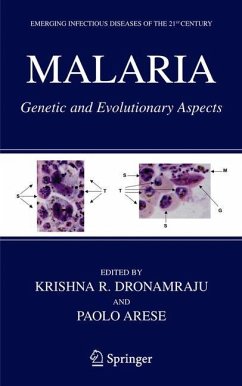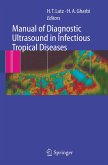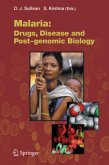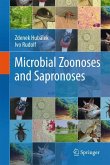This book is an edited collection of papers by leading experts on the population genetics and evolutionary biology of malaria, a disease which results in three million deaths each year in the world. "Malaria Hypothesis" refers to the hypothesis, which was proposed by J.B.S. Haldane at the 8th International Congress of Genetics in Stockholm in 1948, that the identical geographic distribution of both falciparum malaria and thalassemia in the mediterranean region suggests that the heterozygous individuals for thalassemia (or microcythemia as it was called then) might have greater resistance to malarial infection. Haldane, later in the same year, expanded his theory to infectious disease in general at another international conference, at Pallanza in Italy. Haldane's hypothesis was subsequently confirmed in the African populations by A.C. Allison and later by others during the last fifty years, although at first for sickle cell anemia and later for thalassemia with varying degrees of success. The malaria hypothesis still remains today a unique example of that kind of balanced polymorphism, not only in genetics but in all of biology. It opened up new insights into our perspective of the genetics and population dynamics of disease prevalence, particularly infectious disease.
Hinweis: Dieser Artikel kann nur an eine deutsche Lieferadresse ausgeliefert werden.
Hinweis: Dieser Artikel kann nur an eine deutsche Lieferadresse ausgeliefert werden.
From the reviews:
"Malaria focuses on genetic and evolutionary insights into a paradise blamed for the death of a child every 30 s worldwide. ... Malaria: Genetic and Evolutionary Aspects will benefit a broad range of medical, scientific, and public health professionals. Besides strengthening our understanding of the evolutionary origins of malaria, the text opens new perspectives into infectious diseases." -- Richard A. Stein, American Journal of Physical Anthropology, Vol. 133, 2007
"Malaria focuses on genetic and evolutionary insights into a paradise blamed for the death of a child every 30 s worldwide. ... Malaria: Genetic and Evolutionary Aspects will benefit a broad range of medical, scientific, and public health professionals. Besides strengthening our understanding of the evolutionary origins of malaria, the text opens new perspectives into infectious diseases." -- Richard A. Stein, American Journal of Physical Anthropology, Vol. 133, 2007








